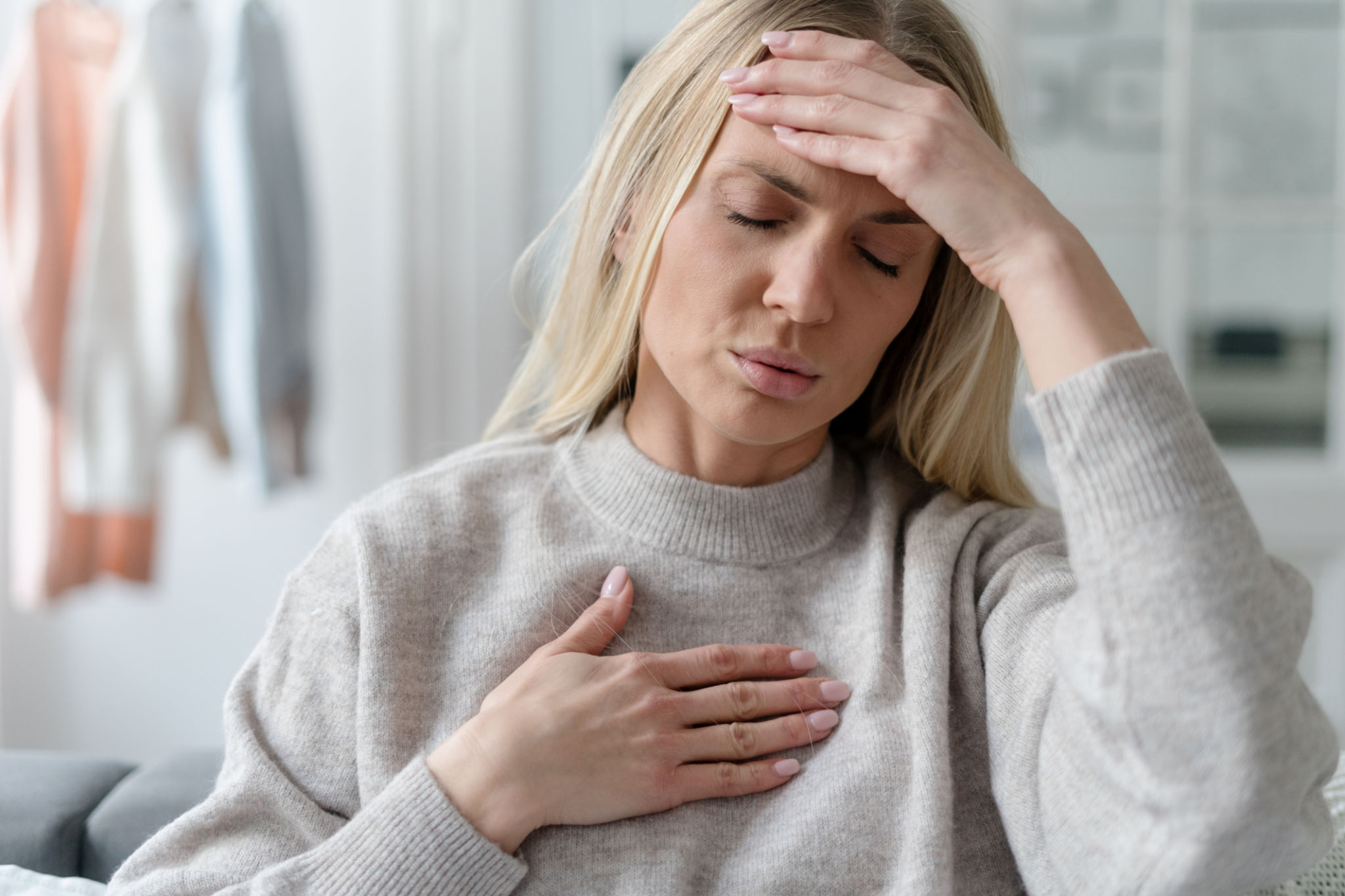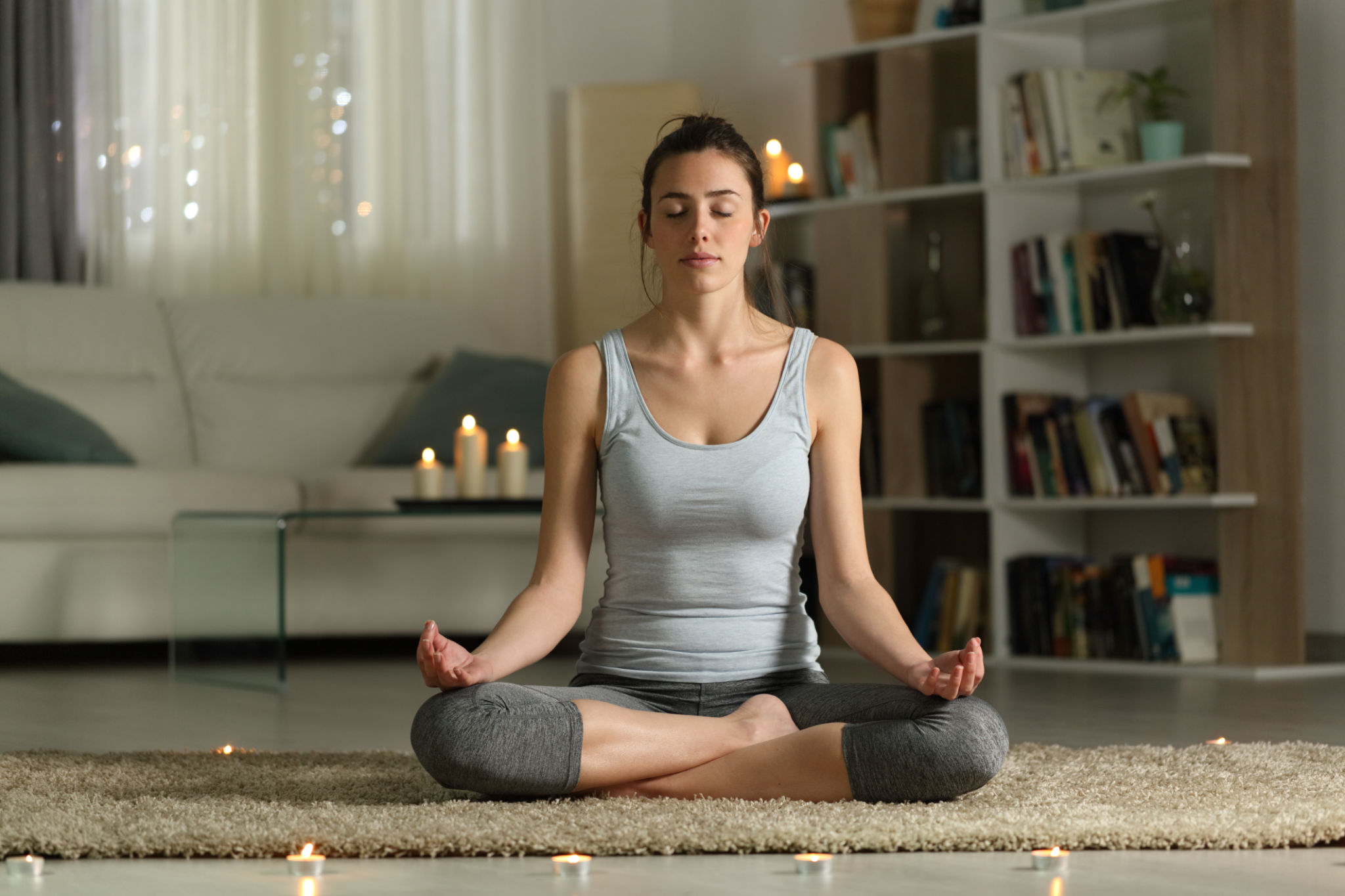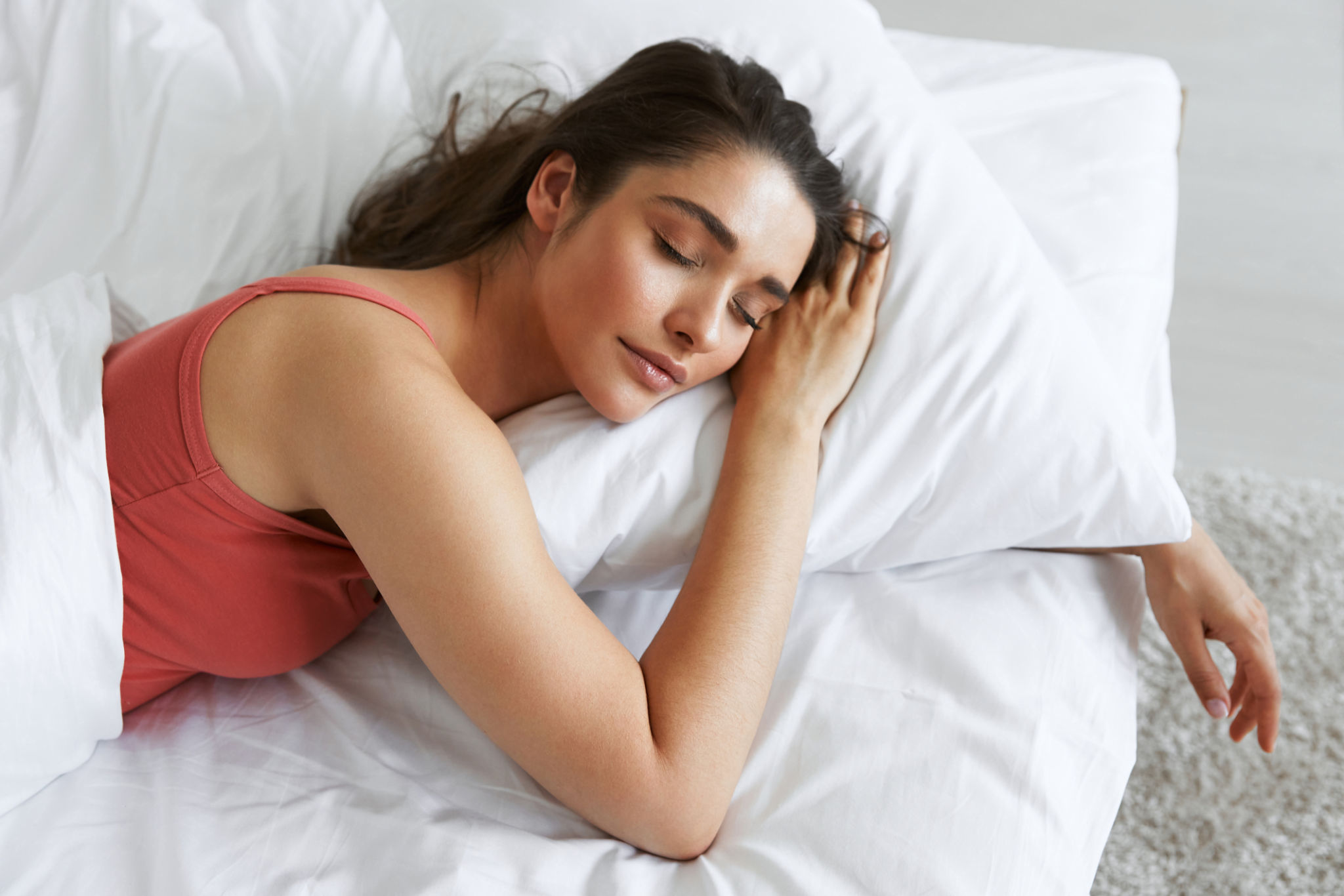Understanding Anxiety and Panic Attacks
To effectively manage anxiety, it’s essential to understand what it is. Anxiety is a natural stress response, and in small amounts, it can be helpful. However, when anxiety becomes chronic or triggers panic attacks, it can interfere with daily life.
What is Anxiety?
Anxiety is the body’s way of reacting to stress. It’s characterized by feelings of worry, fear, or unease, which may be mild or intense. Everyone feels anxious from time to time, but when it becomes excessive, it may indicate an anxiety disorder. Recognizing the symptoms early is critical to finding effective coping strategies.

Recognizing Panic Attacks
Panic attacks are sudden and intense episodes of fear that can happen unexpectedly. They may occur without a clear cause, and physical symptoms often accompany them, such as rapid heartbeats, shortness of breath, and dizziness. If these attacks happen frequently, they might indicate a panic disorder, which can make you fearful of having future attacks and cause you to avoid certain situations.

Common Symptoms of Anxiety and Panic Attacks
Understanding the symptoms of anxiety and panic attacks can help you identify when you need to take action. Here are some key signs:
Physical Symptoms:
- Rapid heart rate
- Sweating
- Trembling or shaking
- Shortness of breath
- Chest pain
- Dizziness
Emotional Symptoms:
- Intense fear or sense of impending doom
- Feeling detached from reality
- Fear of losing control
Cognitive Symptoms:
- Constant worry
- Difficulty concentrating
- Overthinking worst-case scenarios
By recognizing these symptoms early, you can take steps to manage them before they escalate.
Practical Techniques for Managing Anxiety and Panic Attacks
Now that you’re familiar with anxiety and panic attacks let’s explore strategies that can help you manage them effectively.
Regular Exercise for Stress Relief
One of the most powerful tools in managing anxiety is regular physical activity. Exercise releases endorphins, the body’s natural stress-relievers, boosting your mood and reducing anxiety levels.

Tip: Aim for at least 30 minutes of moderate exercise, such as jogging, brisk walking, or yoga, each day. Yoga, in particular, combines movement with mindful breathing, making it ideal for reducing anxiety.
Recommended Product: The Massive Yoga Pack, which includes 300 HD videos and 50 ebooks on yoga and meditation, offers excellent resources for beginners and advanced practitioners looking to manage anxiety through physical movement.
Diet and Nutrition
What you eat has a direct impact on your mental health. A diet rich in fruits, vegetables, lean proteins, and whole grains supports brain function and stabilizes mood, while too much caffeine, sugar, or processed foods can heighten anxiety.

Tip: Incorporate calming foods like leafy greens, nuts, and seeds into your meals. Avoid high caffeine intake, especially if you’re prone to anxiety, as it can worsen symptoms.
Recommended Product: For a balanced, anxiety-supporting diet, consider exploring the Navigating Paleo Diet Ebook. This comprehensive guide introduces the essentials of the Paleo diet, highlighting nutrient-dense foods that can boost mental clarity and reduce anxiety. It covers everything from Paleo-approved foods to exercising on the diet and tips for incorporating it into your family’s lifestyle. If you're looking to improve your overall well-being with clean, whole foods, this resource offers practical, actionable advice to get started.
Sleep and Rest
Good sleep is essential for reducing anxiety. Sleep deprivation affects brain function, making it harder to manage stress. Creating a consistent sleep routine and prioritizing rest is crucial for keeping anxiety at bay.

Tip: Aim for 7-9 hours of sleep per night and develop a calming bedtime routine. Avoid screens before bed and wind down with relaxation techniques like reading or meditation.
Recommended Product: The Sleep Reset program is a 14-night guided plan that helps reboot your rest. It offers step-by-step guidance to improve sleep patterns, essential for anxiety management. For added relaxation, consider using Detox Foot Pads to relieve stress and promote better sleep quality.
Cognitive Behavioral Therapy (CBT) for Anxiety
CBT is one of the most effective treatments for anxiety and panic disorders. It works by identifying and changing negative thought patterns that contribute to anxiety. You learn to replace irrational thoughts with more balanced, positive ones through CBT.

Tip: If you’re struggling with anxiety, consider seeking a therapist who specializes in CBT. Working with a therapist can help you learn techniques like cognitive restructuring and exposure therapy to face your fears.
Recommended Product: For additional support, try the Meridian Acupressure Set, which can provide physical relief from anxiety-related tension while you work on mental techniques like CBT.
Mindfulness Practices and Deep Breathing
Mindfulness involves staying present in the moment and focusing on your thoughts and feelings without judgment. This practice helps you step away from the spiral of anxiety and brings calm. Deep breathing exercises, in particular, help reduce the physical symptoms of panic attacks.

Tip: During moments of high anxiety, take deep, slow breaths through your nose, hold for a few seconds, and exhale through your mouth. Repeat this until you feel your body relax.
Recommended Product: The Wysa App is an AI-powered mental health tool that guides users through mindfulness techniques, such as deep breathing and mood tracking. Wysa offers personalized support, helping users manage anxiety and stress with evidence-based practices.
Natural Remedies for Anxiety Relief
In addition to lifestyle changes, many people find relief from anxiety through natural remedies like herbal supplements and essential oils. These can support your efforts to reduce stress and anxiety without the side effects of medication.

Herbal Supplements:
- Valerian Root: Known for its calming properties, it helps reduce anxiety and promote better sleep.
- Passionflower: Often used to relieve anxiety and insomnia.
- Kava: A popular supplement for reducing stress and promoting relaxation.
Tip: Always consult with a healthcare provider before starting any supplements, especially if you are taking medication or have underlying health conditions.
Essential Oils:
- Lavender Oil: Known for its soothing effects, it can help reduce anxiety when used in a diffuser or applied to the skin.
- Chamomile Oil: Helps calm nerves and promotes a sense of peace.
- Bergamot Oil: Uplifting and calming, bergamot oil is perfect for reducing stress and improving mood.
Recommended Product: Incorporate lavender essential oil into your daily routine by adding a few drops to your pillow or using it in a diffuser to create a calming atmosphere.
Techniques for Managing Panic Attacks
If you suffer from panic attacks, it’s essential to have tools at your disposal to manage them when they occur.

Deep Breathing
During a panic attack, breathing may become shallow and rapid, which can worsen symptoms. Deep breathing exercises are one of the most effective ways to counteract this response.
Tip: Practice breathing slowly for 4 counts, holding for 4 counts, and exhaling for 4 counts. This simple technique can calm your nervous system and reduce panic symptoms.
Progressive Muscle Relaxation
Progressive muscle relaxation involves tensing and slowly relaxing each muscle group. This technique helps release physical tension, which is often heightened during periods of anxiety.
Tip: Start by tensing the muscles in your toes, then release them. Gradually work your way up your body, relaxing each group.
Recommended Product: For additional relaxation support, consider Light Therapy X, a device that uses gentle light waves to promote relaxation and soothe the mind and body.
Conclusion
Managing anxiety and panic attacks is a journey. Still, incorporating regular exercise, proper nutrition, sufficient sleep, and mindfulness practices into your life can reduce stress and improve your mental well-being. Cognitive Behavioral Therapy, deep breathing, and progressive muscle relaxation also provide practical ways to regain control during moments of anxiety or panic.
Natural remedies, like herbal supplements and essential oils, can complement these practices and enhance your overall sense of calm. Whether you’re struggling with occasional anxiety or more frequent panic attacks, these techniques and tools can make a significant difference in your day-to-day life.
Remember to seek professional help when necessary and keep practicing these methods to improve your mental health over time.
*Some of the links in this article are affiliate links, including links to products on Amazon. This means that if you click on a link and make a purchase, Beyond True Beauty may earn a small commission at no extra cost to you. As an Amazon Associate, we earn from qualifying purchases. We only recommend products and services that align with our values and that we believe will provide value to our readers. Thank you for supporting Beyond True Beauty by using our links.
